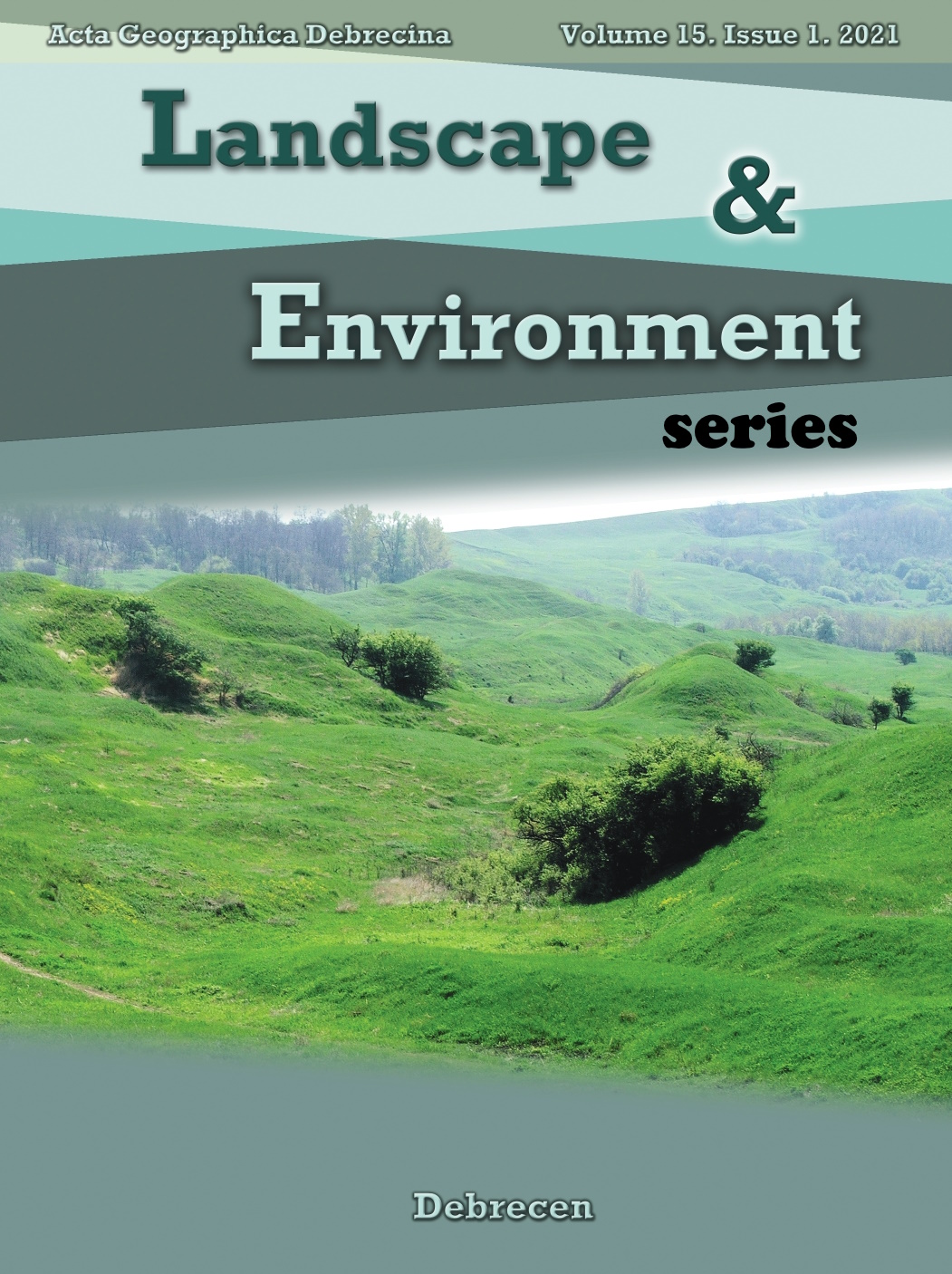Urban vegetation classification with high-resolution PlanetScope and SkySat multispectral imagery
Authors
View
Keywords
License
Copyright (c) 2021 Loránd Szabó, Dávid Abriha, Kwanele Phinzi, Szilárd Szabó

This work is licensed under a Creative Commons Attribution-ShareAlike 4.0 International License.
How To Cite
Abstract
In this study two high-resolution satellite imagery, the PlanetScope, and SkySat were compared based on their classification capabilities of urban vegetation. During the research, we applied Random Forest and Support Vector Machine classification methods at a study area, center of Rome, Italy. We performed the classifications based on the spectral bands, then we involved the NDVI index, too. We evaluated the classification performance of the classifiers using different sets of input data with ROC curves and AUC values. Additional statistical analyses were applied to reveal the correlation structure of the satellite bands and the NDVI and General Linear Modeling to evaluate the AUC of different models. Although different classification methods did not result in significantly differing outcomes (AUC values between 0.96 and 0.99), SVM’s performance was better. The contribution of NDVI resulted in significantly higher AUC values. SkySat’s bands provided slightly better input data related to PlanetScope but the difference was minimal (~3%); accordingly, both satellites ensured excellent classification results.

 https://doi.org/10.21120/LE/15/1/9
https://doi.org/10.21120/LE/15/1/9